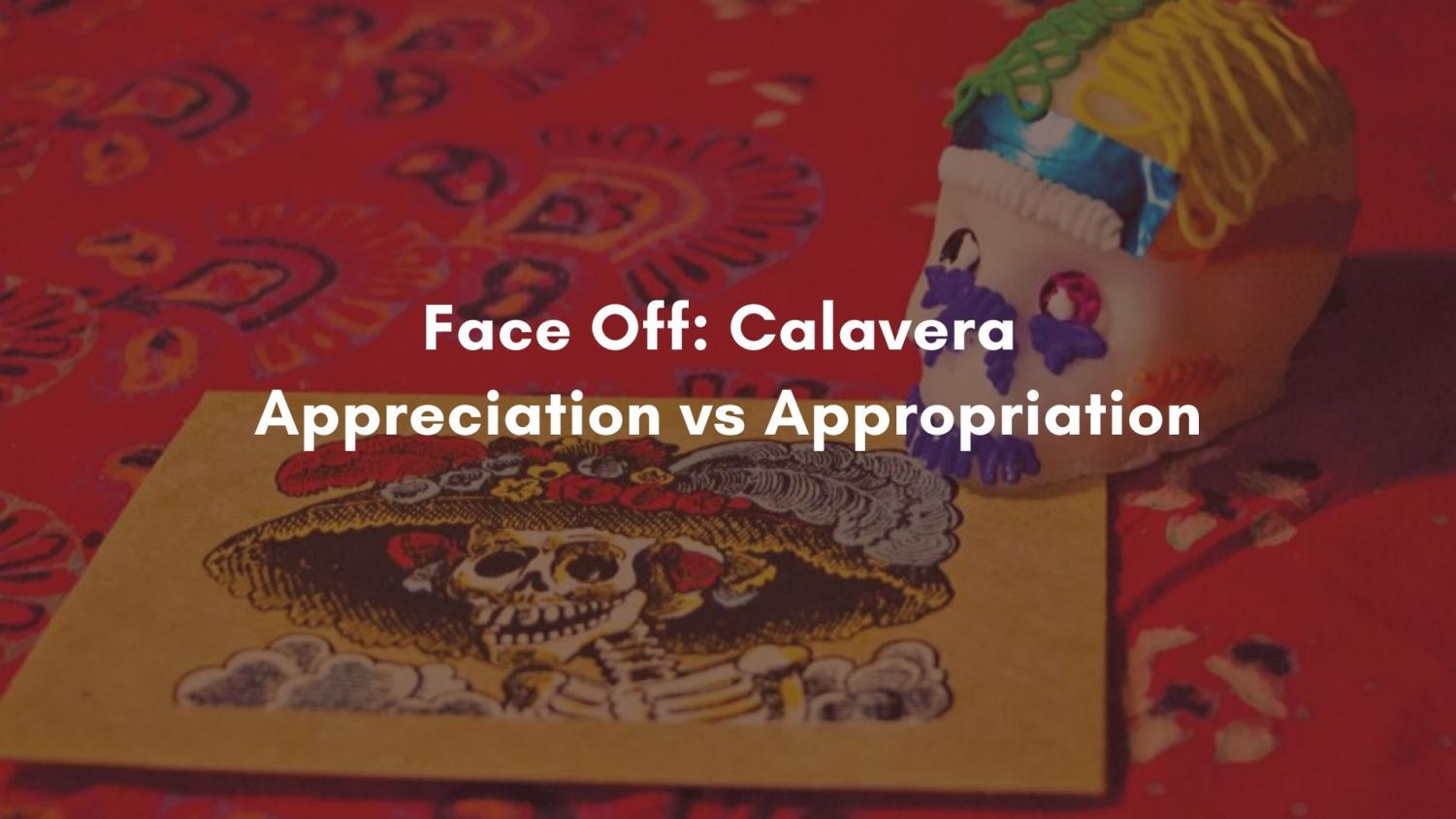Cherry-picking Mexican holiday proves to be culturally insensitive
Dia de los Muertos, also known as the Day of the Dead, is a predominantly Mexican holiday that celebrates the souls of deceased loved ones. The holiday is celebrated from Oct. 31-Nov. 2, allowing ample time for families to welcome back their family members.
Since the two happen almost simultaneously, Dia de los Muertos often gets mistaken for “Mexican Halloween.” This is not the case. For starters, Halloween is only one night, while Dia de los Muertos is celebrated for three. While Halloween has religious and cultural roots, they have largely been stripped away, leaving only a day to dress up and eat lots of candy. Dia de los Muertos holds much cultural significance and serves as a time to remember and reconnect with loved ones.
Dia de los Muertos is rooted in a 3,000-year-old Aztec tradition of honoring the dead in Mesoamerica. The Aztecs and other Nahua people held a cyclical view of the universe and saw death as a necessary part of life. They believed that once a person died, they’d travel to Chicunamictlan, the Land of the Dead. The deceased had to get through nine challenging levels to reach Mictlan, their final resting place.
This tradition inspired the modern practice of leaving offerings such as food, photographs and toys on loved ones’ graves, or “ofrendas,” altars created to welcome the dead to people’s homes.
Another popular tradition is calavera, or skeleton-inspired makeup. One of the most popular calaveras is La Catrina. Unlike the skeletons that many associate with Halloween, La Catrina is beautifully dressed in a brightly colored dress and floral hat. She represents humility in the face of death. La Catrina also serves as political satire, showing that we’re all equal in death.
Because of La Catrina’s beauty, donning her makeup has become increasingly popular among Mexicans and non-Mexicans alike. While certain people might don the classic makeup to honor their loved ones, many simply paint their faces in an attempt to look cute for Instagram. Looking good on social media is no crime unless it is culturally appropriating a culture instead of appreciating it. People shouldn’t be allowed to cherry-pick what they like about the culture and ignore the signs that it holds. Belittling a culture because you’re following a trend is far from appreciation.
When people wear popular makeup, they’re often mimicking the culture and not honoring the holiday. Aside from blatantly stealing from the holiday, how do those wearing the makeup honor Mexicans in general? Do they at the very least stand in solidarity with their Mexican counterparts? If wearing culturally insensitive makeup is at the top of their to-do list, I truly doubt it.
Something to remember is that certain things are off-limits. Blaming this on “P.C. culture” and saying things like, “relax, it’s just a costume” is an overdone cop-out.
